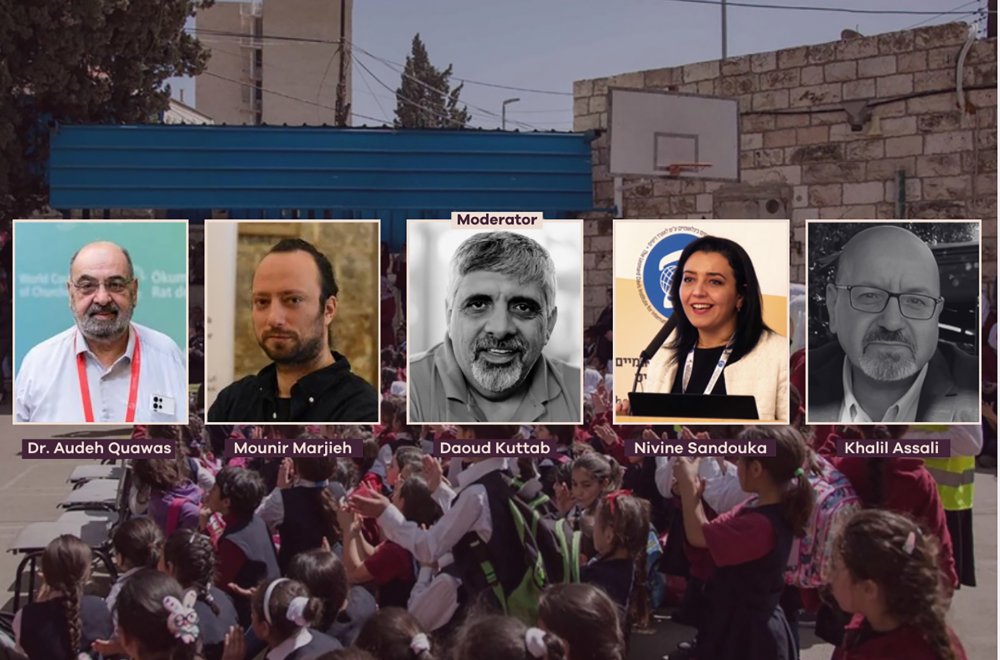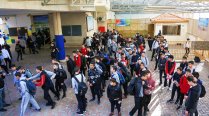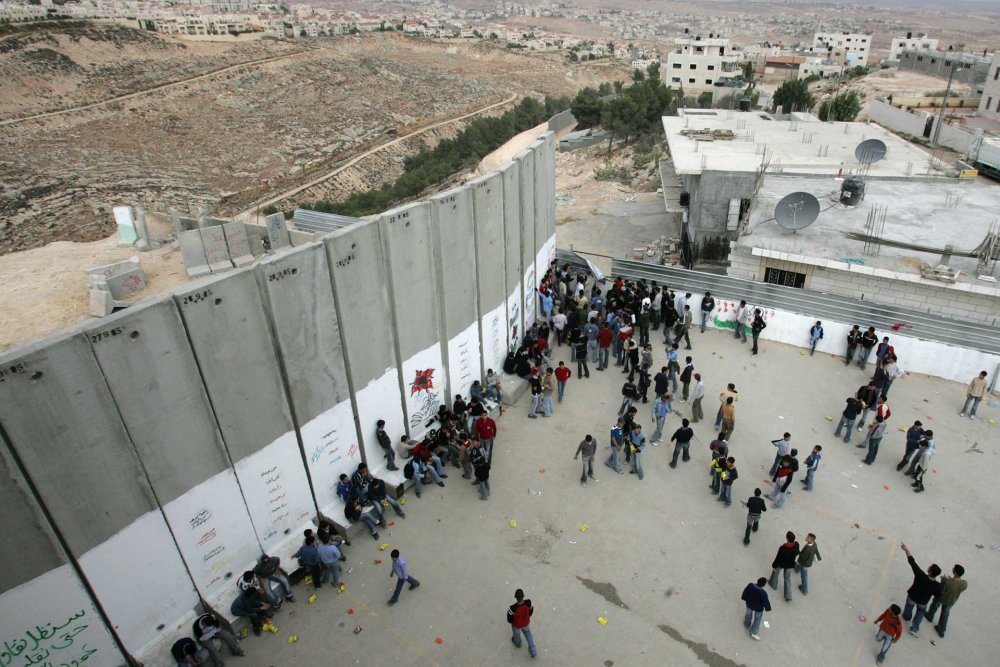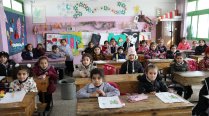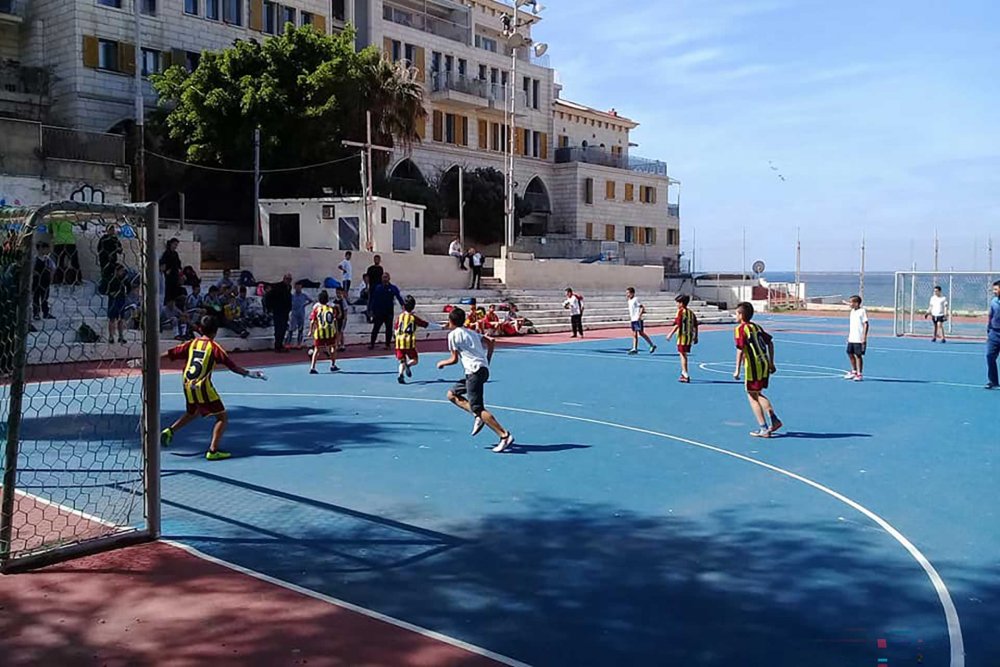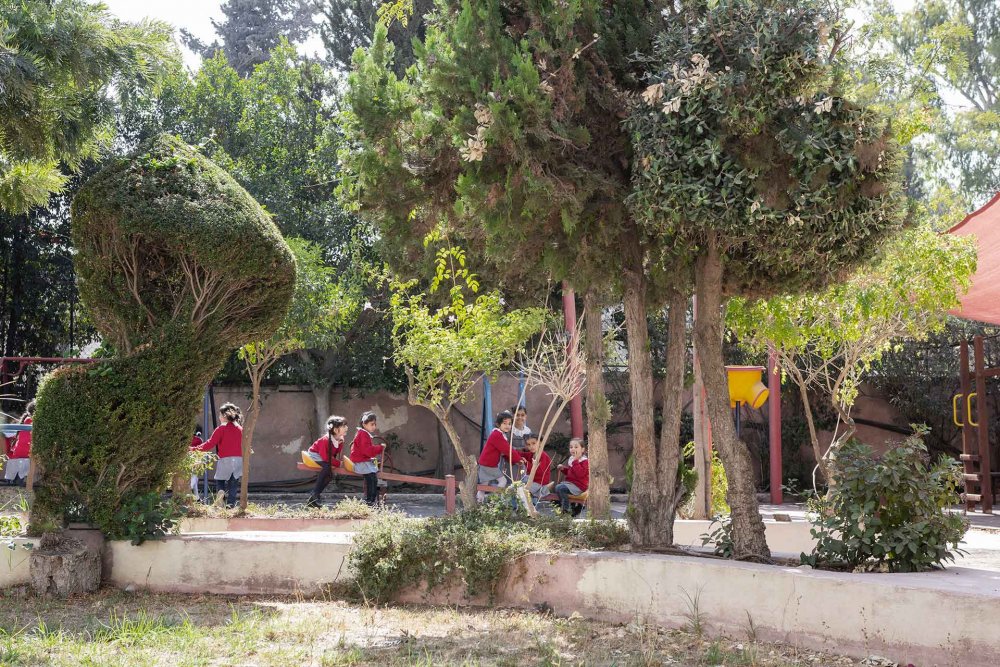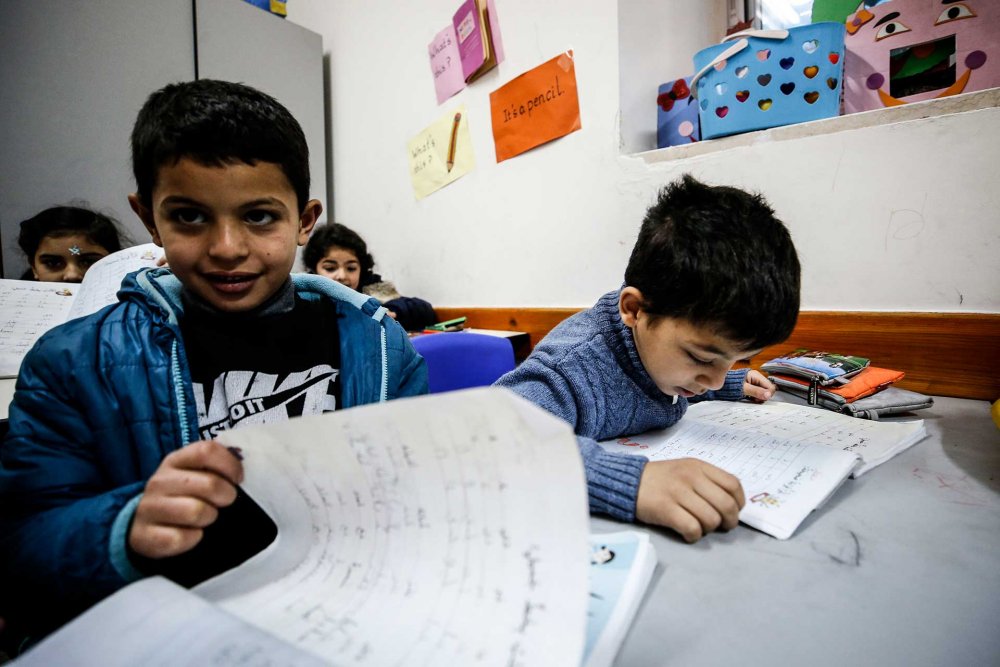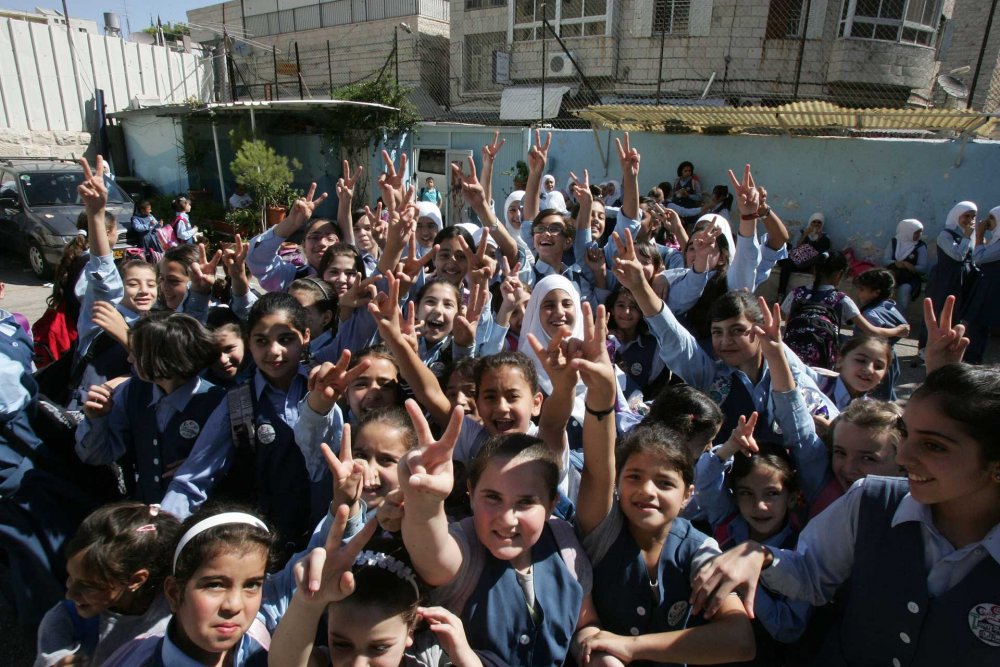There isn’t a unified strategy for all educational institutions. Every school functions as it pleases, which has resulted in a lost generation.
Israel succeeded in dismantling the unified educational structure in Jerusalem and seizing its assets. Today, it holds the upper hand over most institutions, and even the few that remain are not up to the challenge posed by the occupation. They fail to provide an attractive alternative. Look at the awqaf and PA schools—they are dysfunctional, but they provide good education when teachers take it upon themselves to educate.
Daoud Kuttab: Dr. Quawas, what you said at the beginning, that there is unfair competition between private schools and waqf schools—I did not understand what you meant.
Dr. Audeh Quawas: I said there’s a competition between the Christian schools themselves. The waqf does not engage in that competition.
Daoud Kuttab: What do you want from the waqf? You said you want an answer from the waqf.
Dr. Audeh Quwwas: This is what I want from the waqf. I mean, it gets support and teaches Arabic and Islamic classes. Of course, it has a large budget that [other] countries support, whether they are countries to which it belongs or support from other countries, Islamic countries, but it is only interested in the 14—I do not know exactly—14 or more waqf-affiliated schools in Jerusalem. Therefore, we must look at the subject from a national perspective, nothing more.
Daoud Kuttab: When you spoke with the Ministry of Waqf in Jordan, what did they tell you?
Dr. Quawas: They said, “Aren’t your schools owned by churches, sir? Your churches are rich.” What I want from the Islamic waqf in Jerusalem is to provide us with the financial support required for continuity in the Old City in the same way that the waqf does in its schools in the Old City. This support from the waqf will help us increase the number of students and the number of classes and allow families to remain in the Old City.
There is a small point I would like to make, and I think it is very important because we need to make a sharp distinction between the Israeli influence on the education system or the school system in East Jerusalem, and between all the controversies and internal conflict among the Palestinian people. We merge between the two things, and we find ourselves in a place that we cannot get out of.
Regardless of the value and quality of the Israeli curriculum being passed on to the schools, these schools are undergoing Israelization efforts that aim to indoctrinate and assimilate. I mean, the literature written on these topics [shows that] the adverse impact such an education has on our children far outweighs the benefit that could come to them if they grow up to add a couple of extra thousand shekels to their paychecks due to the Israelized education they received. So, this is a question that we must address to experts in the field. The increase in the budget of schools that have applied the Israeli curriculum is subject to experts who contribute to the limitation of education in Jerusalem in order to serve Israeli interests, not those of the Palestinian people. I mean, every people, not just the Palestinian people, must ask this question: How can we develop educational programs for children to build better generations? This is a question that is relevant all the time, especially vis-à-vis the Israeli influence. The Israeli system forces us to work or teach our children certain content. This is particularly important, and it will have an adverse impact on the future.


